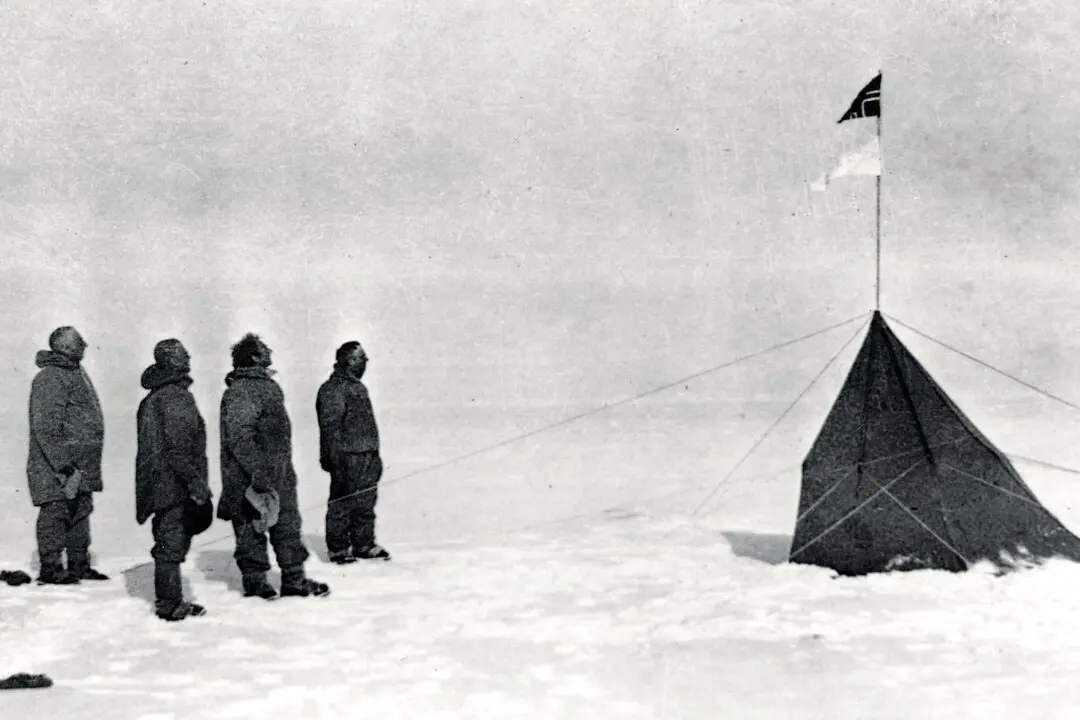Commentary
It seems that everyone is a fascist these days. Donald Trump is certainly a fascist—members of Congress say so and accuse him of operating concentration camps; academics from Ivy League universities say so; and respectable magazines like the New Statesman and New York Magazine declare it to be true. This should come as no surprise because the Republican Party, says an article in the Toronto Star, is a “fascist institution.”





